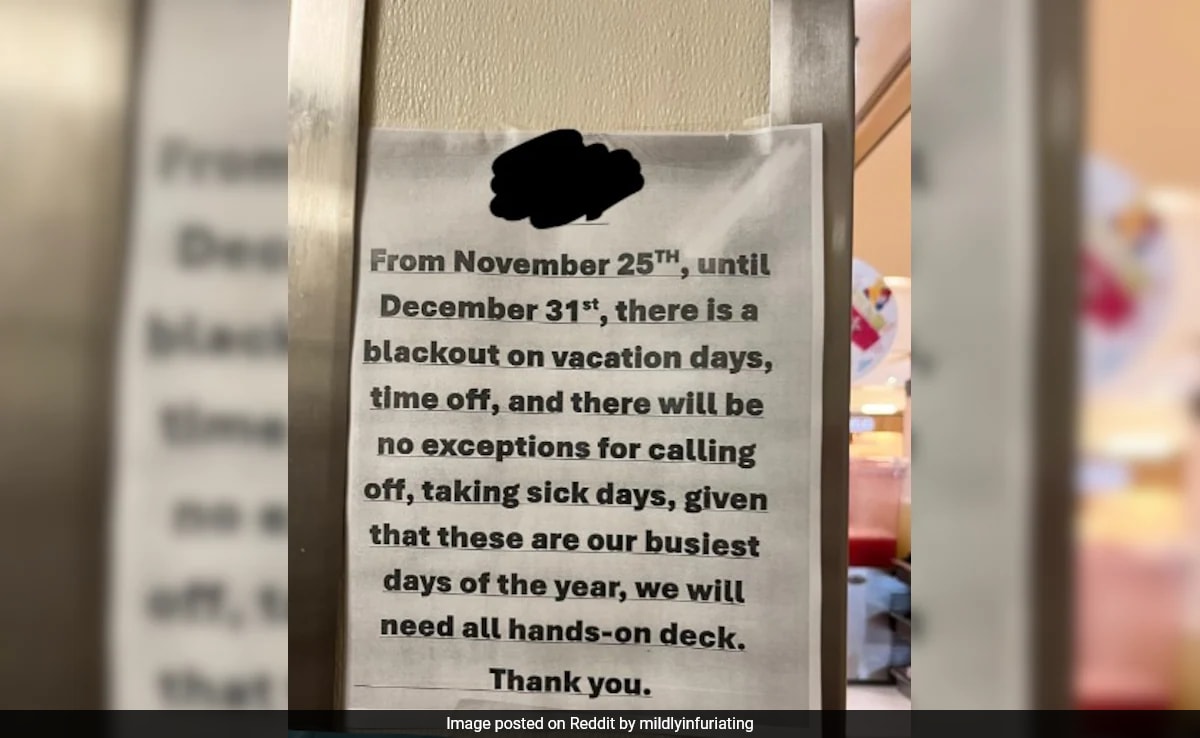The recent death of 26-year-old Anna Sebastian Perayil, an Ernst & Young (EY) India employee, has brought focus on the consequences of unchecked job stress.
Anna died just four months after joining the company. Her mother attributed her daughter’s death to “overworking” and the company’s demanding work culture. She mentioned how her daughter’s manager would often demand assignments by night, leaving Anna with no time “to rest or recover.”
This tragic incident sheds light on the dangers of unmanageable work stress and serves as a reminder that early warning signs must not be ignored.
Early warning signs of job stress
Work stress, when left unchecked, can manifest in a variety of ways. According to the National Institute for Occupational Safety and Health (NIOSH), there are several early warning signs that workers and employers should be aware of to prevent stress from escalating into a serious health issue.
Common symptoms include:
Headaches.
Sleep disturbances.
Difficulty concentrating.
Short temper.
Upset stomach.
Job dissatisfaction.
Low morale.
Research has identified several health risks associated with chronic workplace stress:
Cardiovascular Disease: Many studies have linked high-pressure jobs with an increased risk of cardiovascular disease. When employees face psychologically demanding tasks without the ability to manage or control their workload, it elevates their stress levels, which in turn raises the risk of heart problems, such as hypertension, strokes, and heart attacks.
Musculoskeletal Disorders: Research by NIOSH and other organisations suggests that job stress contributes to musculoskeletal disorders, particularly in the back and upper extremities. Prolonged stress causes muscle tension, which can lead to chronic pain and other physical ailments.
Psychological Disorders: High levels of job stress are associated with an increased risk of psychological disorders such as depression, anxiety and burnout. Stress can vary across different occupations, and factors such as economic conditions or lifestyle choices can also worsen mental health issues. Individuals in stressful environments may feel overwhelmed and unable to cope.
Workplace Injury: Stressful working conditions may interfere with an employee’s ability to perform tasks safely, increasing the likelihood of workplace injuries. Stress can impair focus, reaction time and judgements, making accidents more likely to occur.
Suicide, Cancer, Ulcers and Impaired Immune Function: Some studies suggest that job stress may lead to suicide and is linked to conditions such as suicide, cancer, ulcers and a weakened immune system. However, more research is needed to draw definitive conclusions. Chronic stress weakens the body’s defence mechanisms, leaving individuals vulnerable to diseases and potentially life-threatening conditions.














